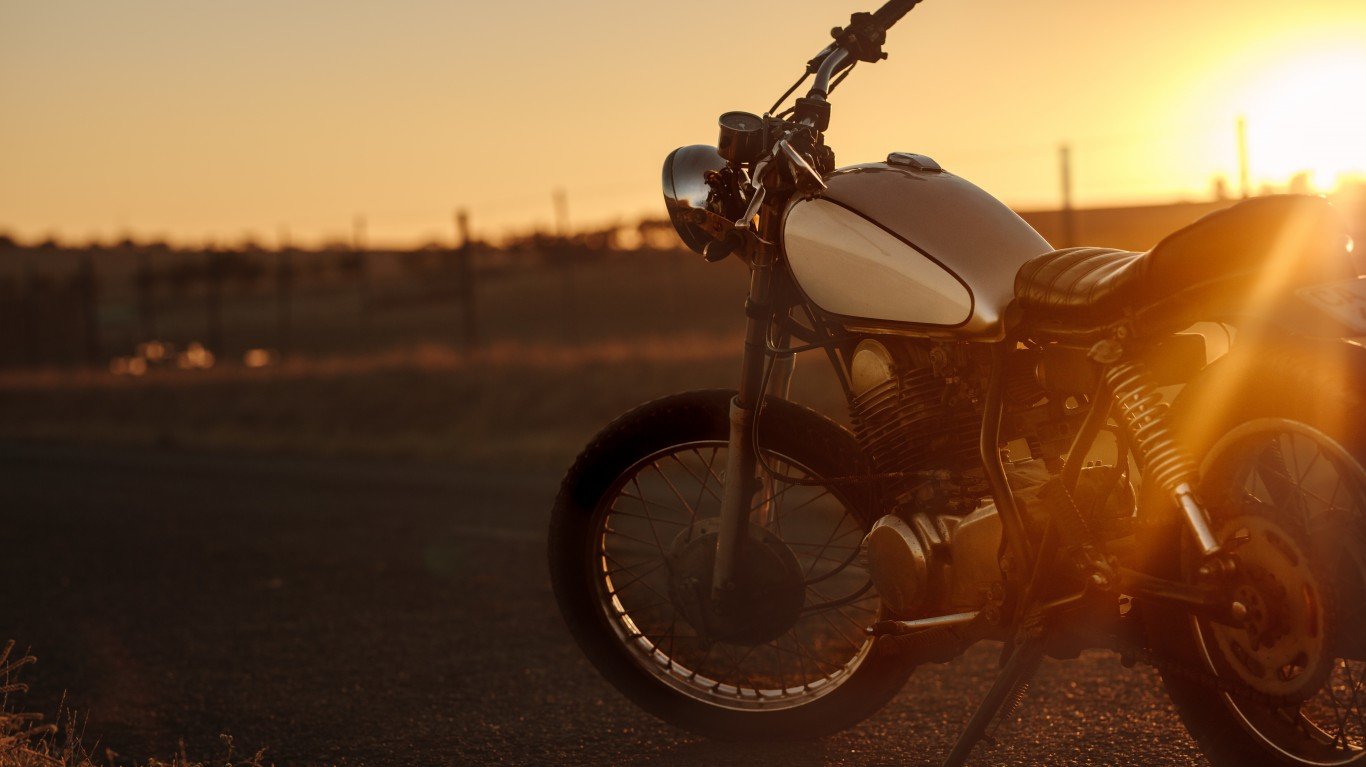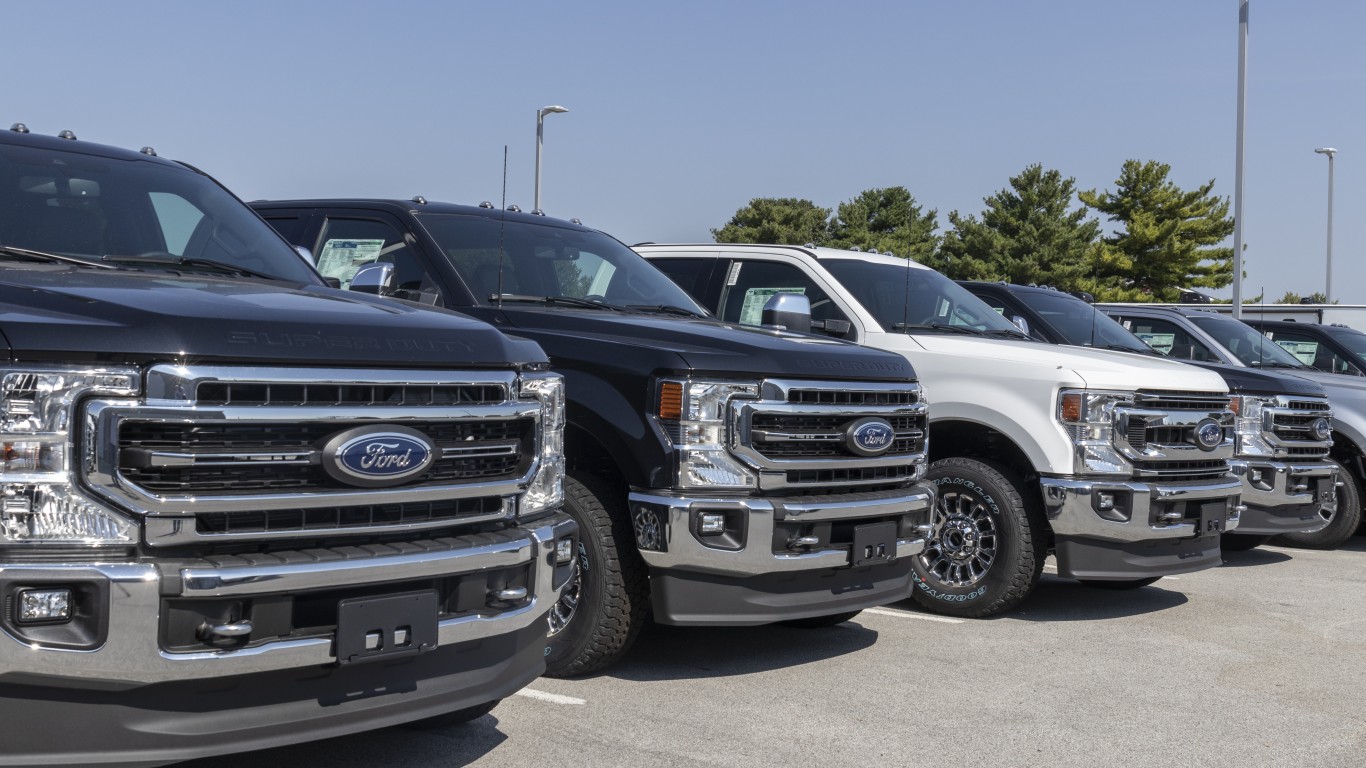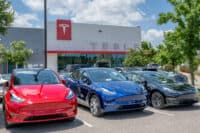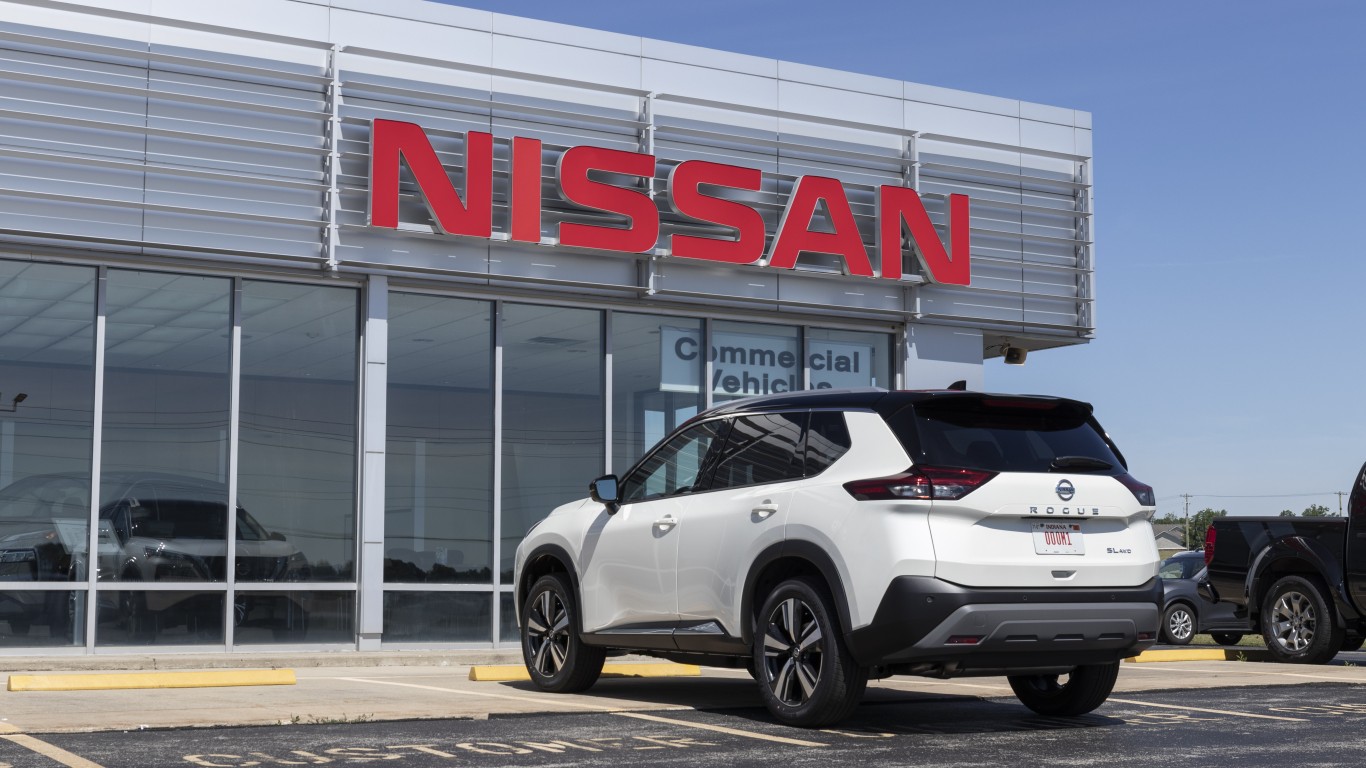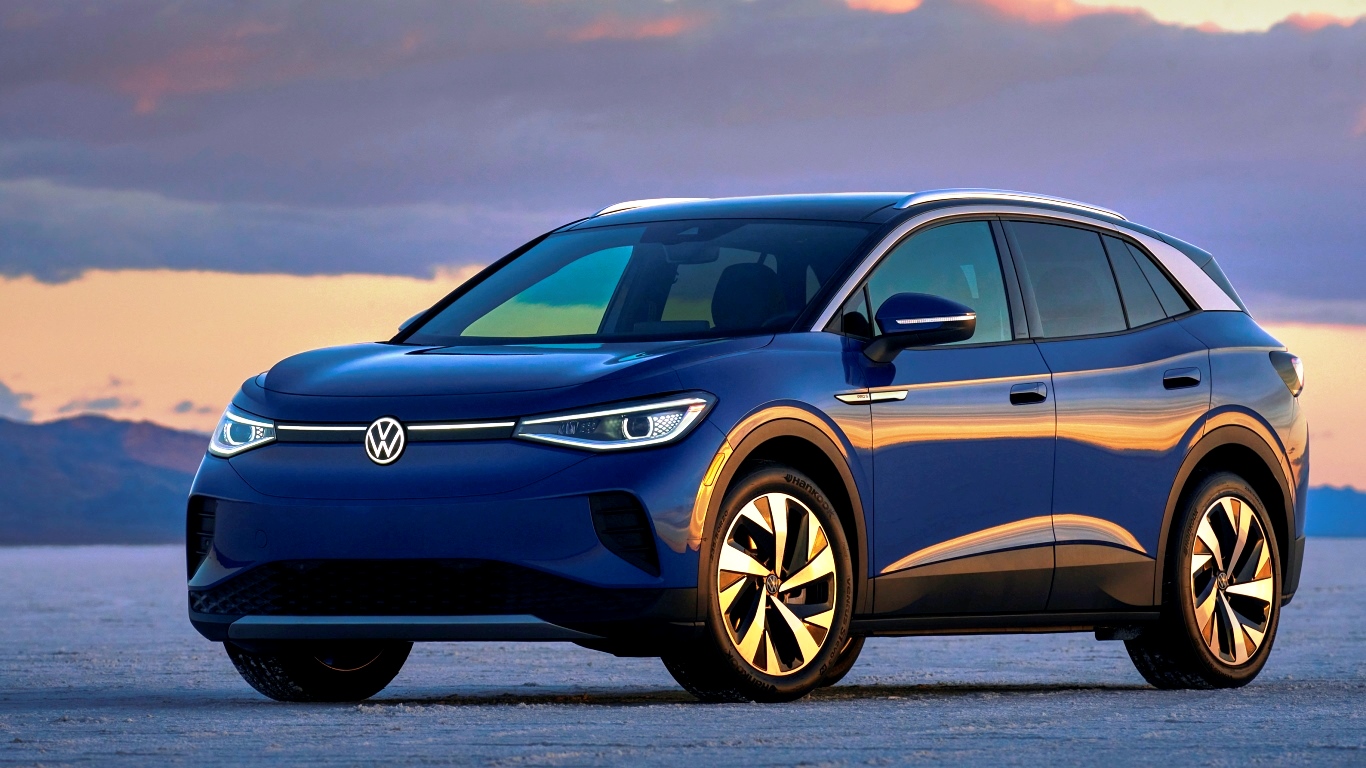

Volkswagen sponsored a Power Day on Monday and declared that the battle between internal combustion engines and batteries is over, and batteries won.
VW CEO Herbert Diess made the declaration in so many words: “Let me begin with the obvious: e-mobility has won the race. It is the only solution to reduce mobility emissions fast.” More important, Diess’s statement was backed up by an announced investment of an estimated $29 billion in building six new battery factories by 2030 capable of producing 240 gigawatt-hours of batteries. All six plants would be built in Europe.
While VW is clearly taking aim at Tesla Inc. (NASDAQ: TSLA), the model the German automaker appears to be following is the one carved out by Alphabet and Samsung in their competition with Apple Inc. (NASDAQ: AAPL) in the smartphone business.
Apple’s unacknowledged interest in the self-driving, electric vehicle market has hit a few potholes, probably due to the company’s unwillingness to accept anything less than firm control of a potential Apple Car. Apple’s hardware and software ecosystem offers consumers an environment that they are willing to pay a significant premium for.
VW is apparently willing to settle for being number two in a market dominated by Tesla, and that could leave an Apple Car either stranded or an also-ran in the self-driving vehicle market.
Baird analyst Ben Kallo wrote in a report on the car market of the future that “Tesla will likely maintain its broad EV leadership.” According to a report at Bloomberg News, Kallo believes Tesla’s drive train of batteries and electric motors are four or five years ahead of any competitor. He also wrote that Baird believes “Volkswagen [is] a potential leader in the ‘non-Tesla’ portion of the EV market. A non-Tesla EV ecosystem will emerge, similar to the non-Apple ecosystem in smartphones (i.e., Android).”
VW’s potential non-Tesla ecosystem almost certainly includes solid-state lithium-metal batteries being developed by Quantumscape Corp. (NASDAQ: QS). Prior to a reverse merger last year that brought the battery maker to the public markets, Volkswagen had invested some $300 million in the company.
Apple is believed to be working on new battery technology as well, but unless the company wants to build its own battery factories, it will have to find a partner. Panasonic, which recently indicated it was interested in breaking its current reliance on Tesla, is a possible source. The Japanese firm’s outgoing CEO, Kazuhiro Tsuga, told the Financial Times that Panasonic needs to “make batteries that are easy to use for other carmakers. Currently, it is difficult to sell unless there is a company that is able to handle our cylindrical batteries with Tesla specifications.” Panasonic is already a partner with Toyota in a lithium-ion battery plant in Japan for electric hybrids.
One-size-fits-all is not a strategy that works for Apple if it wants to extend its premium pricing to self-driving vehicles. If Apple wants to maintain its pricing power, it will have to be willing to pay for it now with the idea that the investment will pay off some number of years down the road.
If Tesla is the company to beat and VW is number two, that leaves Apple as number three. That’s not a victory for Apple.
Sponsored: Find a Qualified Financial Advisor
Finding a qualified financial advisor doesn’t have to be hard. SmartAsset’s free tool matches you with up to 3 fiduciary financial advisors in your area in 5 minutes. Each advisor has been vetted by SmartAsset and is held to a fiduciary standard to act in your best interests. If you’re ready to be matched with local advisors that can help you achieve your financial goals, get started now.
Thank you for reading! Have some feedback for us?
Contact the 24/7 Wall St. editorial team.
